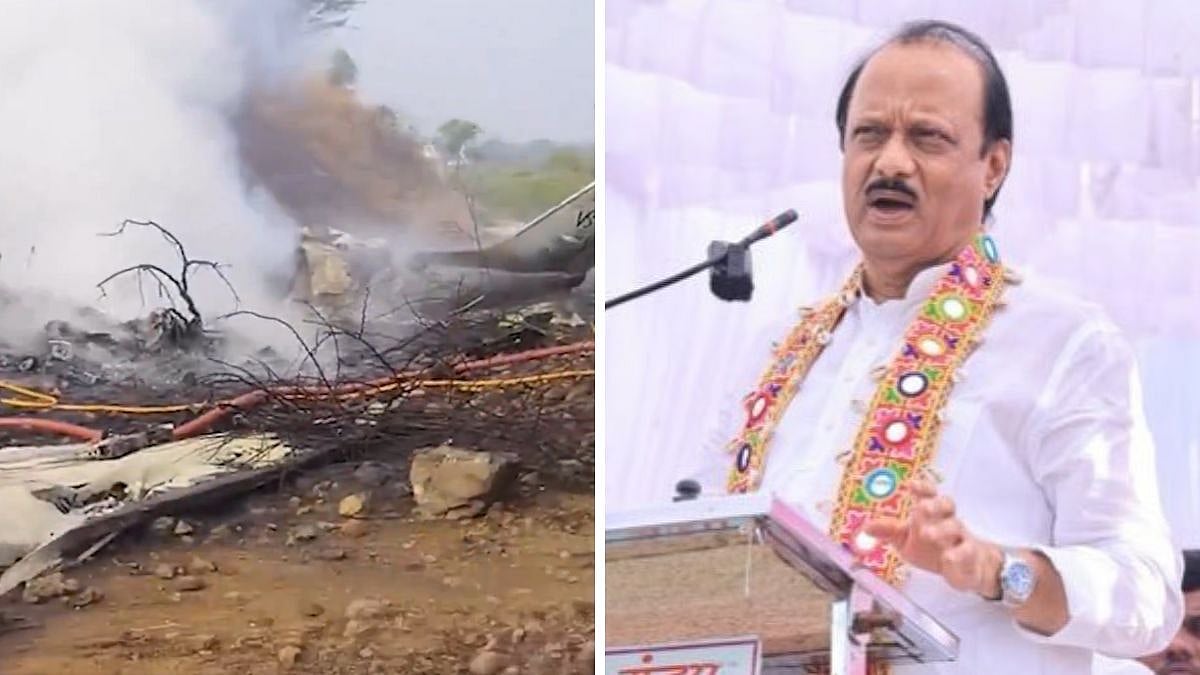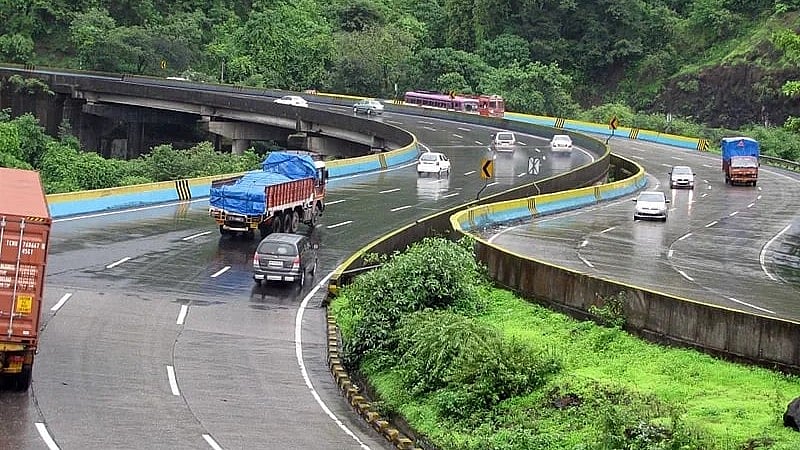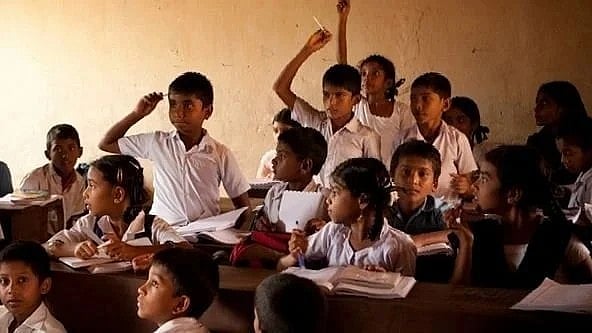As I wrote in my previous piece (May 8), according to the V-Dem report, 2023 on Academic Freedom Index, academic freedom in India has declined significantly in the recent years. In 2020, Professor Nandini Sundar published a status report on Academic Freedom in India. Her report showed that even as the New Education Policy (NEP) 2020 promised “merit-based appointment of leadership” and “freedom from political or external interference” in higher education institutions (HEIs), the gap between the promise and the practice is large and widening.
In what follows I will summarise Nandini Sundar’s report. Though a few years old, its description of many ways in which restrictions were growing on academic freedom in HEIs in India continues to be relevant till date.
In the last decade or so, the University Grants Commission, set up in 1956, with its core function as the coordination and determination of standards in universities “in consultation with universities”, has been increasingly reinterpreting its role of regulation and standard setting with the imposition and monitoring of uniformity. It has also displayed a heightened propensity to function as an instrument of the education ministry.
Under the guise of implementing the NEP, the UGC has standardised the number of teaching hours per course across the country, has proposed “model syllabus” that universities across the country can follow. It has laid down norms on how many PhD and MPhil students an individual faculty can supervise, which journals students and faculty may publish in, the value that should be assigned to teaching, publications and other service in evaluating faculty for recruitment, among other things. In state universities, the situation is as bad if not worse, with several state governments attempting to directly interfere with university or college autonomy.
Conventions that upheld academic freedom and autonomy are increasingly being overturned. Though this is not a new problem, both in central and state universities, it has become much more prominent since 2014. The vice chancellors of prominent universities like Delhi, JNU and BHU are increasingly being appointed on non-academic grounds such as political affiliation as are the heads of various bodies, such as ICHR, ICSSR, set up to promote research in different fields, many without proper academic scholarship. These leaders in central universities and research bodies, beholden to the government for their appointment, are increasingly falling in line.
In the case of students who dissent, universities are routinely resorting to rustication, expulsion, withholding of scholarships. In the case of faculty, public universities have denied leave, stalled or refused promotions, withheld retirement benefits and/or tried to impose service rules which are applicable to central government employees on university faculty. This prohibits faculty from writing for the press, participating in demonstrations, and a variety of other protest activities.
In public universities, once you are a “permanent employee”, service rules normally help in avoiding dismissal. However, increasingly, universities and colleges are run by contractual and ad hoc teachers and employees (up to 40% in the case of Delhi University) with no security of employment. In private universities as well, there is no security of tenure.
The most common threat to academic freedom is interference by governments in what should be taught or restrictions by non-academicians and those outside the discipline on what is taught inside classrooms. While “national priorities” as defined by the ruling party have always influenced the over-all vision of universities whenever state funding is important as in India, since 2014, the RSS vision — in which the aim of the education is to consolidate a Hindu nation and promote education based on ‘Hindu values’ — has increasingly and adversely affected academic atmosphere in HEIs. Research funds, already scarce, have been diverted to subjects with a distinct “Hindu” focus such as “cow protection”. Further, untested and unscientific ideas are being introduced in school textbooks and curricula even as established theories are omitted.
The government is also deploying universities to praise its “governmental model”. For example, in the BJP-ruled Gujarat, state government has introduced a list of 82 topics suitable for PhD theses, pertaining to state and central government schemes.
The RSS through its teachers’ fronts, has objected to certain books on university syllabuses. Though it is not the first time it has happened — even previous governments occasionally ordered that a certain book be dropped from the syllabus — the scale of the objection has increased much more since 2014. Alarmingly, increasingly, universities are falling in line. With a politicised and partisan student body, such as the RSS-affiliated ABVP, the surveillance of what is taught in classrooms has begun as well. Much of the attacks on campus integrity, to stop speakers with liberal and left leanings from participating in seminars and talks, have come through the ABVP students.
The longstanding convention that the police should not be allowed on campus is now a thing of the past, and the police are routinely present in many campuses across the country. The repression of dissent on campuses has taken the form of arrests, banning of student and faculty unions, and a variety of other punitive measures. Students and faculty have also been arrested or suspended for social media posts. Often, dissenting women student leaders are trolled by the government supporters in offensive sexual terms on social media.
This dismal scenario defines the difficult situation in which HEIs are forced to function in the country. Though there are sections of faculty and students who are resisting and protesting against these restrictions, sadly, a very large majority of teachers and students remain indifferent.
Vrijendra taught in a Mumbai college for more than 30 years, and has been associated with democratic rights groups in the city





